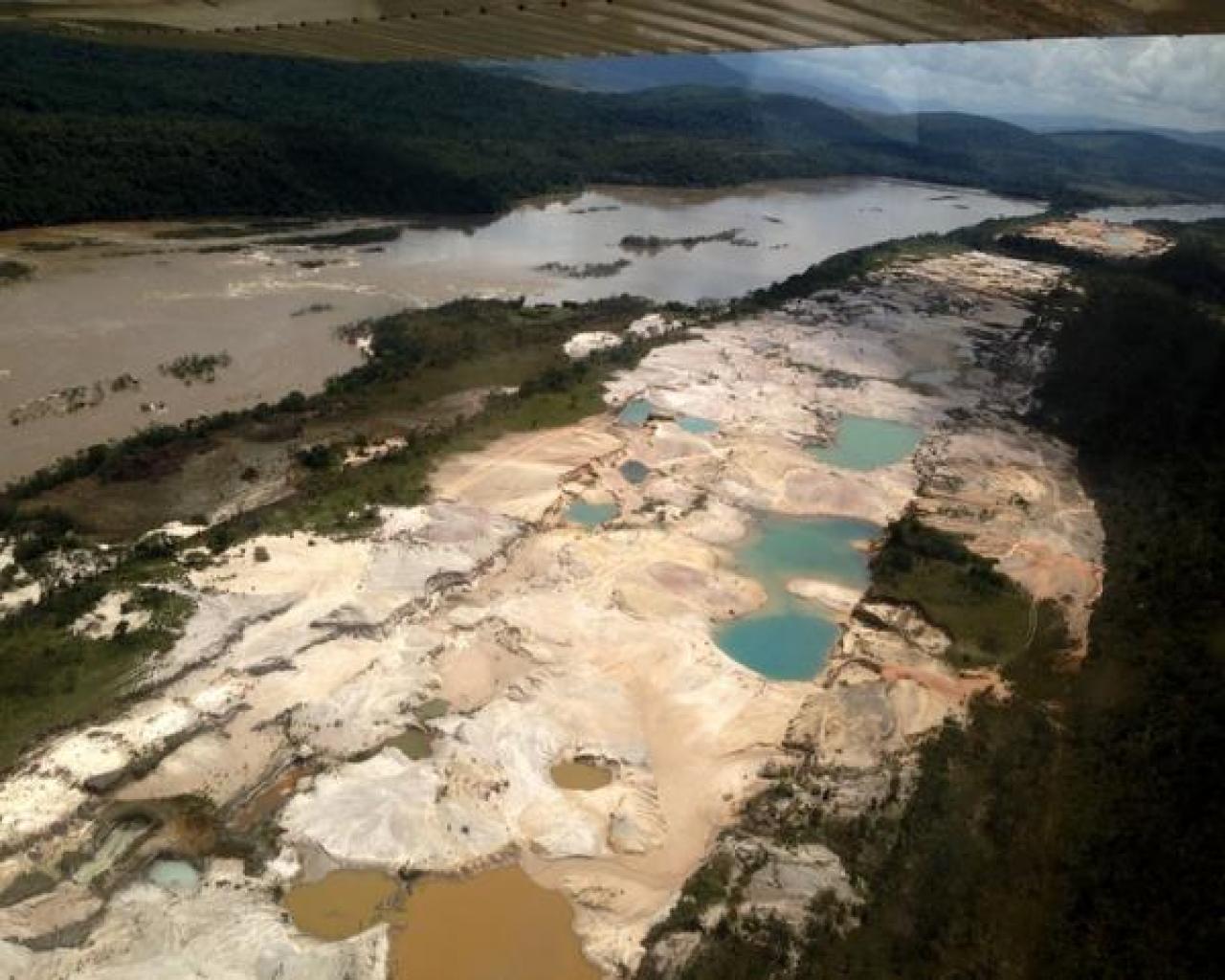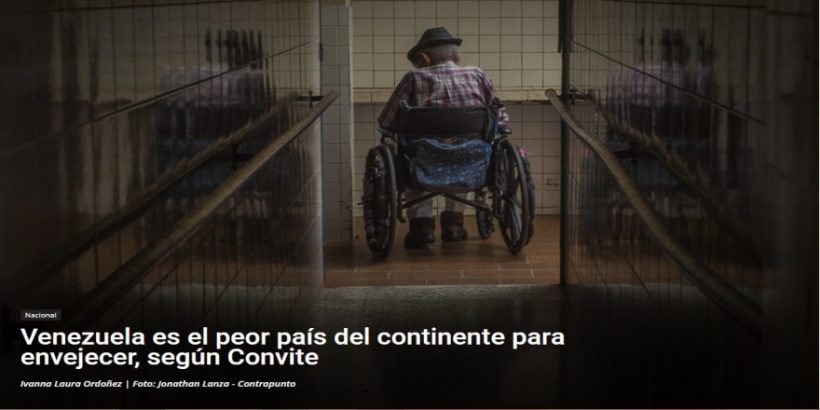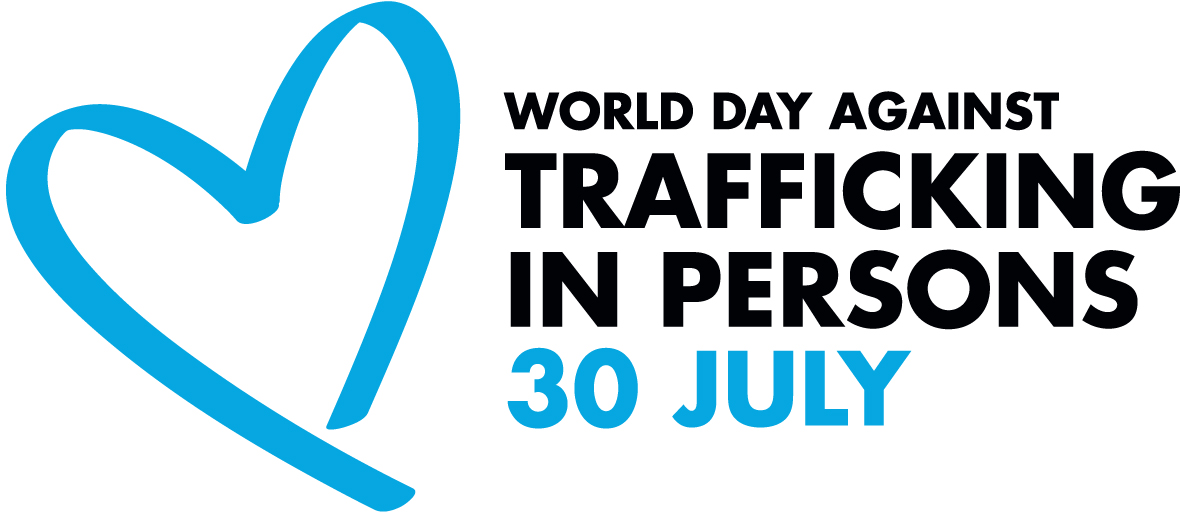My attempt at migrating felt like a failure when in March, less than three months after leaving the country, I found myself trapped in Caracas again.
I arrived in Venezuela on March 11 to apply for an extension of my passport and certify some documents that I was going to need in Colombia. On Thursday morning I managed to deliver the documents, took a written authorization to the notary service, received the extension of my passport, and even renewed my identity card. When I was driving back home, I heard Maduro announce the decision to close the airspace.
To that date, no country in the region had taken such measures. Colombia had barely confirmed the first 6 cases. Venezuela had not officially confirmed any. I even attended a birthday party and a graduation ceremony that weekend because there was no restriction or local quarantine measure.
Some flights departed that weekend. I went to the airport but could not jump on a plane. I consoled myself thinking that the lockdown would not be as bad as the 2019 blackouts, but the truth is that the personal costs were higher. My husband and my puppy were waiting for me at our new home in Bogotá.
I spent months in Venezuela waiting for options to leave. It was not Penelope waiting for Odysseus, though. I kept in touch with the airlines, closely followed the announcements made by the Colombian Foreign Ministry, and filled all the forms they requested. I was attentive to all the national announcements, contacted people in the same situation, and many travel agents. I made phone calls, sent emails, all trying not to despair.
The pandemic in Venezuela occurs in a political vacuum and at a time of tensions in the relation between the two countries. Technically, the Venezuelan consulate is not working in Colombia – otherwise, my trip to Caracas would not have been necessary – and the Colombian consulate is not operating in Venezuela either. The institutions in charge of managing the humanitarian repatriation agreements were inoperative.
Then came June, and through some friends, I found out about a list for a possible humanitarian flight from Bogotá to Caracas. It was the first time that I heard about this possibility. By now, I had learned how difficult it would be to get on a humanitarian flight to another destination. I had explained my situation to different embassies and consulates that were planning these types of flights but they replied that it was not possible in my case. As a Venezuelan resident in Colombia, it was not a humanitarian problem that other countries had to solve.
Anyway, I contacted the person and after a while, I was added to a WhatsApp group and provided all the information they asked for. I was in talks with a Colombian travel agency in charge of the operation. They explained to us that they still did not have the necessary permits to finalize the logistics but that they were working on that. Colombia had authorized outbound and inbound repatriation flights, but Venezuela had not. We spent several weeks waiting for them to finally give us some good news, but that did not happen.
Several times I was suggested to cross the border. I learned that the Colombian-Venezuelan border is a third country. It is also a region of magical realism where things work in an unexpected and unclear way. For me, however, crossing the border illegally was not an option. My husband and I currently reside in Colombia thanks to his work visa and, considering our specific situation, the risk was not worth it.
Five months had passed and there was still no accurate news of when commercial flights would resume. That was the only legal and feasible option until I found out some people were crossing the Simón Bolívar International Bridge legally. I checked the news and I learned the bridge was still completely closed off.
“How are they doing it?” – I asked myself and everyone who I thought could give me some information.
– “They are paying for the stamp.”
I also learned that in this magical corner of the country, stamp trafficking is something that happens. Even so, some people were getting their stamp legally. But why, if this is possible and legal, is the information unavailable? How do I find out what to do?
Until I got a contact.
– “Good evening how are you? You sent me an email with your information. I am Dr. Restrepo ”. (This is not the real name of the nice Colombian lady at the other end of the line).
– “How did you get my contact information? It is not supposed to… but do not worry, we are going to help you ”.
The person who gave me her contact information asked me not to say her name. We were trafficking information.
Dr. Restrepo sent me an email with a lot of requirements. She sent me some links with some forms from Migración Colombia (Colombia Migration Department). They asked me where and when I was willing to meet. They also requested a plane ticket to Bogotá for the same day that I show up at the border.
– “We cannot do anything else for you. You have to take care of everything else, do you understand me? “
I said yes, but the truth is I was not so sure.
“I understand that the SAIME checkpoint on the bridge is not working. What happens if I arrive at Migración Colombia but I don’t have the exit stamp from Venezuela? ”- I asked.
– “Do not worry, that has not been a problem before and will not be now.”
“Third country” stuff I guess…
A friend of mine, a native of the magical border area, confirmed the information. However, he also told me that his friend, a worker at Migración Colombia, told him that they were not doing passport stamps. I sent him a picture of the stamp on the passport of my aunt’s friend who had crossed a few days before my departure from Caracas.
– “Do it. We will help you with everything we can. ” He replied.
But I had to get to the bridge first. Another act of magic. There is no gas, there are checkpoints everywhere, you need an authorization to travel, you know how the roads are in Venezuela. I sent a message to a cousin who months before had told me, half joking, that he would take me to the border if I wanted to get there.
“We will talk on Saturday.” It was enough for me to know that I could count on him.
On Saturday, we talked and got everything ready. My cousin is a sort of magician who can solve any problem regarding the trip within the national territory. No, he is not a magician. He is an entrepreneur who has cultivated resources and strategies to solve problems, produce, and build a country in the very adverse conditions of Venezuela today.
I announced to the Colombian Foreign Ministry that I would be walking across the Simón Bolívar Bridge the following Thursday. I had a Cúcuta-Bogotá ticket, a health certification, and all the other requirements.
I left Caracas on Tuesday, with my father and cousin. We arrived in San Cristóbal on Wednesday. I waved good-bye to my loyal escorts. From there, a trusted local recommended by my cousin’s friend would take me to the bridge. At 6:30 A.M. I met Mr. Manuel. He was nervous. He spent 40 minutes giving me instructions. Where to keep the money, what to say, how to soften my Caracas accent. He exchanged some Colombian pesos for me so that I could bribe the officers at the checkpoints. It turns out that Manuel had not made the trip to San Antonio in 6 months, and a friend had just told him of a bad experience he had.
“We are ready, Manuel. Let us do this and see how it goes ”.
I think it is pretty safe to say that he was more nervous than I was. But I was there already, my father and cousin were already driving back to Caracas.
We talked about many things along the way, including how we felt like criminals doing something wrong, hiding, praying not to get caught. We laughed because it seemed like a joke and surely because we needed to release some tension. It was still early and I was feeling hopeful. I greeted the officers with a smile, and they did not stop us. Until we reached the last checkpoint before entering San Antonio.
Manuel lowered his window and slowed down but did not quite understand the officer’s orders. The moment was tense.
– “Stop! Don’t you see that the barrier is raised? You cannot enter! Turn around and pull over.”
Manuel candidly apologized and obeyed. He told me not to get out of the car while he was talking to the officer. He returned minutes later to tell me that they would not let us in and that he did not have the permits. I got out of the car with all my papers and raised my situation with the officer. This time I was very nervous.
– “You can pass but the driver cannot.” was the verdict.
He suggested that we return to San Cristóbal to request transit permits. But Manuel did not have enough gas to make that trip twice. We also did not have time for such errands.
– “You can also ask for a ride in an authorized vehicle.”
I asked the officer to help me, and I stood close to him. It was not long before he stopped a biker and asked for a ride. The biker made a gesture and I ran to get on. Manuel helped me with the luggage. I could not say goodbye. I thanked the biker and we started talking. I told him about my situation. I did not lie or try to imitate any accent, as Manuel had recommended. He told me he was an officer at the local command. We drove through San Antonio, which seemed like a ghost town with just a few people occasionally offering to take you through the illegal crossings. The biker dropped me at the checkpoint of the Bolivarian National Guard (GNB) at the entrance of the Simón Bolívar Bridge and did not accept any money. He wished me good luck.
I passed through the checkpoint and saw the guards on duty talking and drinking coffee. Everything was quiet. I was the only person there. They looked at me and asked several questions. I showed them my papers.
– “Come on in. My partner will tell if you can pass.”
I walked a little further to the next post in front of the empty SAIME office. Same questions again, although this guard was not in such a good mood. The guard called the sergeant on duty to corroborate his decision to let me pass or not.
– “Let her pass, if they do not receive her there, they will send her back.”
There was only one more person on the bridge.
– “They will not let you pass if you do not have an appointment for today.”
As we passed each other, I replied that I had an appointment for that day, and she returned a look of sadness and disappointment.
After arriving at the new post, I said hello again, trying to hide my anxiety, and showed all my papers. They checked them.
– “Who is Dra. Restrepo? This email does not have any institutional heading”- the migration agent on duty asked me in a friendly tone.
We called Dr. Restrepo, who offered an explanation to the agent.
– “The important thing is that you appear in the system. Everything else is in order. We have to wait for them to review the communication from the Foreign Ministry. ” – He explained while escorting me to the Migración Colombia offices.
It was still very early, and the offices were still empty. They invited me in and offered me some coffee while I waited. I did not take it because I had enough of the natural euphoria I was feeling. The whole time I was there, no one else came. When they finally checked me on the system, everything went well, and they stamped my passport.
I thanked him with tears in my eyes, thinking that he would not understand the shock I was feeling at that moment. But the agent held my gaze and gave me a heartfelt welcome. Colombia has been my home for a very short time, but I am frankly grateful.
I am lucky to be at home. Political disagreements have not allowed the repatriation of many who find themselves in much more difficult situations. The risks that must be taken and the problems that must be solved to do what I did are not trivial. Not everyone can do it. Many others will attempt to cross the border with much bigger risks and problems.
Upon entering the state of Barinas we began to see lines of walkers. They go on foot, lightly loaded. Sometimes the load they carry is a baby in their arms.
The migration stories of those of us who make this network of Venezuelans in the world are stories of overcoming and struggle, but they will be success stories for the most part, like mine that is just beginning. I hope that this network can make the challenges of migration visible without losing sight of the stories of those who live in a world much more unjust than ours.
To the people who have done what they have felt necessary, to the people who are still trapped, to those who feel that they have failed in their migration project, I embrace you. To those who accompanied me and helped me return home, thank you.
Translated by José Rafael Medina




